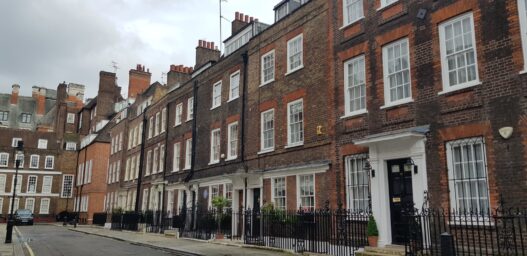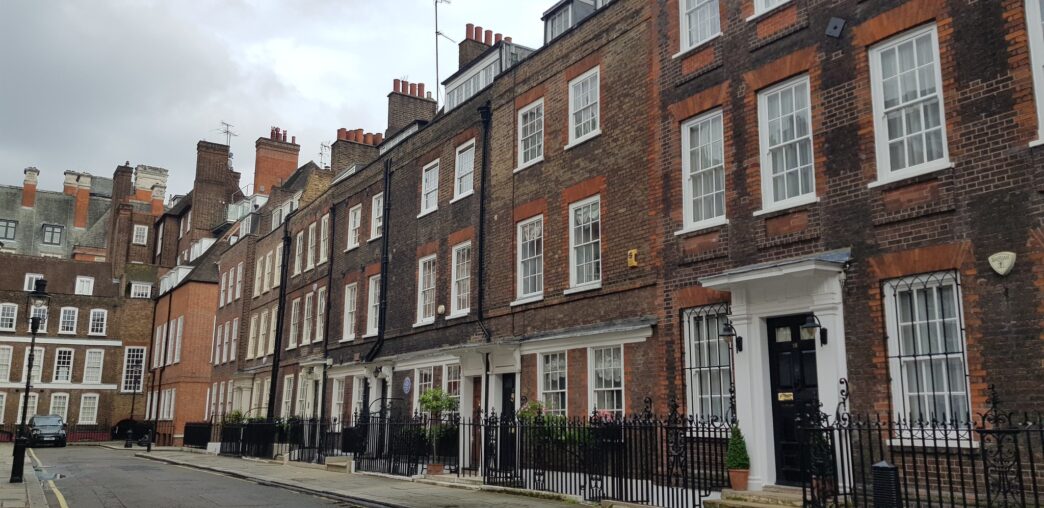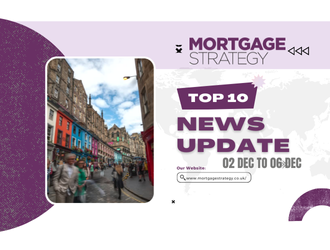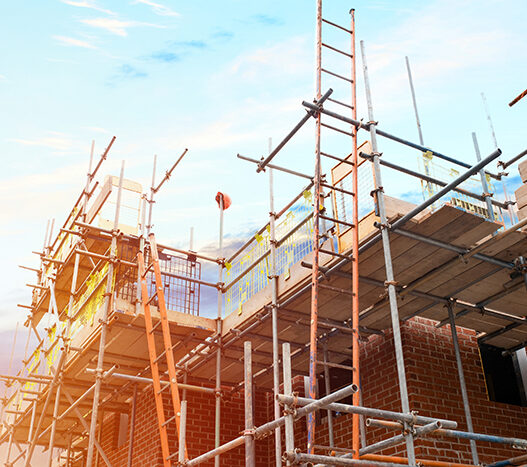Given the tax changes introduced in the Autumn 2024 Budget, price growth in the luxury housing market over the next five years will be lower than that in the mainstream market.
This is according to the latest forecasts from estate agency Savills, which says that the prime housing market is typically defined as the top 5% to 10% of the market in any given region. This reflects the average prime property price in central London being £4.5m and £1.85m in the rest of the world.
Savills expects prices for prime central London properties to rise by around 10% over the next five years, but to fall by 4% next year.
Lucien Cooke, head of housing research at Savills, said that in a normal housing market recovery, the top end of the market would be expected to recover first and be the quickest to react to changes in sentiment.
“However, additional stamp duty levies on second homes, changes to ‘non-residential’ taxation and VAT on school fees are likely to offset some of the impact of this future rate cut. ”
He added that markets in prime central London would be most directly affected by the abolition of 'non-Dom' status and the increase in the stamp duty wall, both of which would reduce some of the demand in these areas. is likely to push up the rental market, he added.
“As such, prices are already 20% below their June 2014 peak, but we expect further modest price declines next year as the market levels out in a changed fiscal and regulatory environment.”
Savills expects stronger growth in the domestic prime London market, with more need-based buyers benefiting from lower mortgage rates. Here, we expect a growth of +14.7% over the same five years.
Mr Cook said: “While there is a reasonable prospect for prices to rise in the medium term in these markets, we expect prices in prime properties such as Fulham, Chiswick, Wandsworth and Islington to remain flat next year.” Ta. “These markets are unlikely to see a spillover of demand from the center, as the wealthy are reacting to high tuition costs.”
The outlook is somewhat brighter in major markets outside London. Here, a 2% price increase is predicted in 2025, contributing to a projected five-year growth rate of 18.2%.
Savills said coastal second home hotspots are likely to continue to be quite price sensitive next year. But elsewhere, local prime housing markets could benefit from some demand shifting as families seek to balance home affordability, commuter accessibility, and access to education. expensive. The increased exposure to inheritance tax is also likely to mean slightly more shares coming to market from downsizers, but this is unlikely to disrupt the fundamental balance between supply and demand.






















